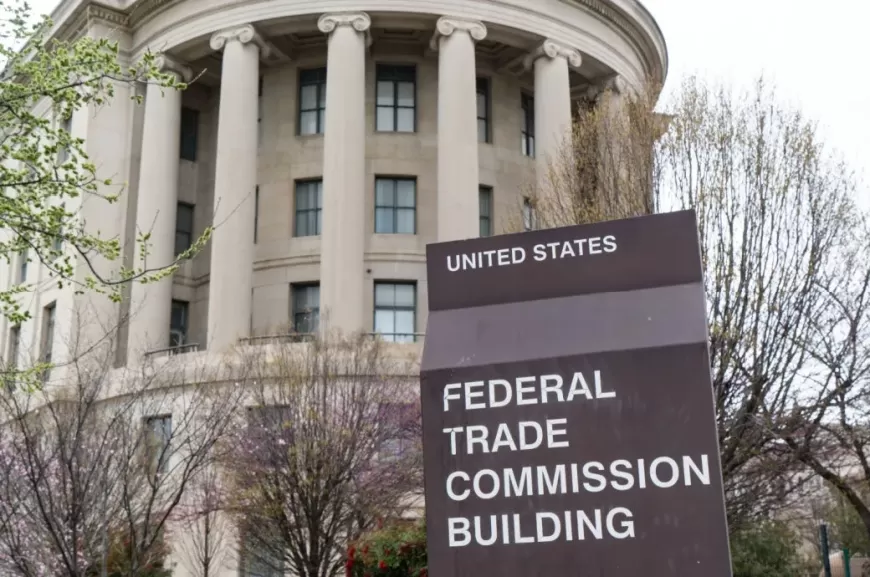CarShield Settles $10 Million FTC Lawsuit for Misleading Advertising
CarShield to pay $10 million to settle FTC charges of misleading advertising. Learn how to protect yourself from deceptive auto warranty plans

CarShield, a well-known provider of extended auto warranty plans, has agreed to pay $10 million to settle charges from the Federal Trade Commission (FTC) that its advertising and telemarketing practices were misleading.
According to the FTC, many customers, who paid up to $120 per month for CarShield's services, found that their repair claims were often denied. The FTC also accused CarShield of making false statements in ads featuring celebrities like sports commentator Chris Berman and actor/rapper Ice-T.
CarShield markets and sells vehicle service contracts costing between $80 and $120 per month. Their ads claimed that all repairs or repairs to specific systems, such as the engine and transmission, would be covered. This led many consumers to believe that CarShield would cover all necessary repairs.
However, the FTC discovered that many customers did not receive the services they expected. Customers reported not being able to use their preferred repair shops and found that many repairs they thought were covered were not included in their plans.
“Instead of delivering the 'peace of mind' promised by its advertisements, CarShield left many consumers with a financial headache,” said Samuel Levine, director of the FTC’s Bureau of Consumer Protection. “Even worse, CarShield used trusted personalities to deliver its empty promises. The FTC will hold advertisers accountable for using false or deceptive claims to exploit consumers’ financial anxieties.”
NRRM LLC operates under the CarShield name, while American Auto Shield LLC administers the vehicle service contracts.
As part of the settlement, CarShield and American Auto Shield must stop making deceptive statements and ensure that any endorsements, including those from celebrities, are truthful and accurate.
How to Protect Yourself from Deceptive Auto Warranty Plans
With many auto warranty companies out there, it’s important to protect yourself from deceptive practices. Here are some tips:
-
Read the Fine Print: Always read the full terms and conditions before signing up for a warranty plan. Make sure you understand what is and isn't covered.
-
Check Reviews and Ratings: Look for reviews from other customers and check the company’s rating with the Better Business Bureau (BBB) or other consumer protection organizations.
-
Verify Coverage Details: Confirm the specifics of what repairs and services are covered. Check if you can choose your own repair facility or if you are limited to certain providers.
-
Consult a Mechanic: Talk to a trusted mechanic about common repairs for your vehicle model and ensure those are covered under the plan.
-
Ask Questions: Don’t hesitate to ask the warranty provider detailed questions about coverage, exclusions, and the claims process. A reputable company will be transparent and willing to provide clear answers.
Understanding Extended Auto Warranties
Extended auto warranties, also known as vehicle service contracts, cover repairs and maintenance beyond the manufacturer's original warranty. These plans can be useful for older vehicles or those with high mileage, offering peace of mind and financial protection against unexpected repairs.
However, not all extended warranties are the same. Coverage levels, exclusions, and costs can vary greatly between providers. Always compare multiple plans and providers to find the best fit for your needs and budget.
The Role of the FTC in Protecting Consumers
The Federal Trade Commission helps protect consumers from deceptive and unfair business practices. The FTC’s Bureau of Consumer Protection investigates companies, enforces laws against fraud, and educates the public about their rights.
In cases like CarShield's, the FTC ensures companies follow advertising and marketing rules. If you believe you have been a victim of deceptive practices, you can file a complaint with the FTC to seek help and possibly start an investigation.
By staying informed and proactive, you can better navigate the world of auto warranty plans and protect yourself from deceptive practices.
Also Read: Starbucks Sales Decline Despite New Menu Items and Promotions: Challenges in US and China
































































